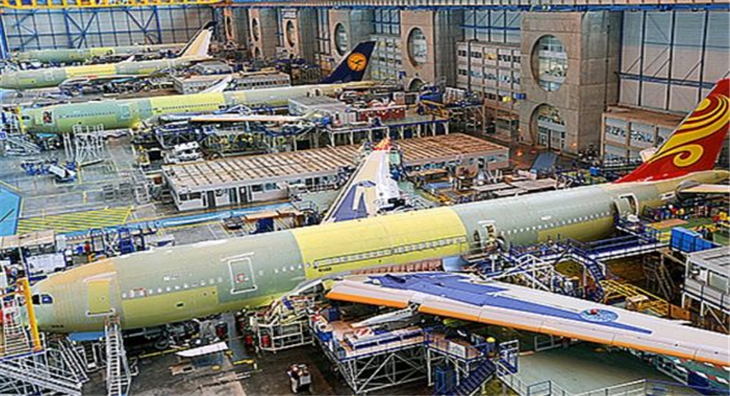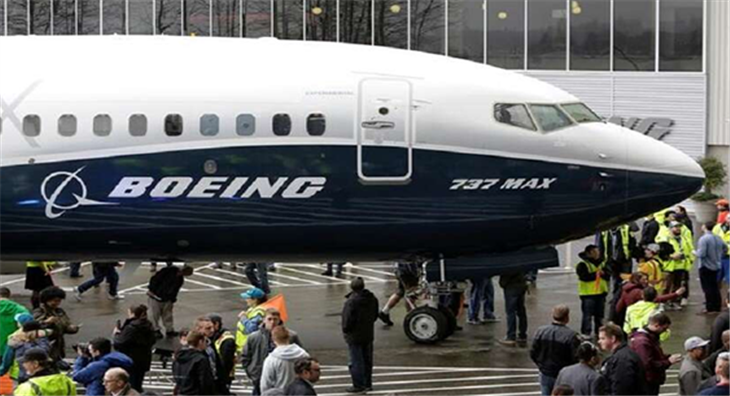Airlines provide a vital service, but factors, including the existence of loss-making carriers, bloated cost structure, vulnerability to exogenous factors, and a reputation for poor service, combine to present impediments to profitability, writes WOLE SHADARE
The sad reality
The airline industry is no stranger to difficulties that have led them to bankruptcies and extinction. Many Nigerian carriers are technically bankrupt. Their indebtedness to various aviation agencies like the Federal Airports Authority of Nigeria (FAAN), the Nigerian Airspace Management Agency (NAMA), the Nigerian Civil Aviation Authority (NCAA), jet fuel marketers, and other vendors, attest to the airlines hanging on a thread.

The airline industry is no stranger to bankruptcy also. In Nigeria, airlines do not file for bankruptcy unlike American Airlines which had at one point filed for bankruptcy, but all recovered by merging with other airlines. Rather, the country’s airlines operate on a tight budget, pile up debts, operates in a manner that suggests that all may not be well, and suddenly without signs or information to its passengers, abruptly stop services.
Carriers synonymous with losses
The list of airlines that weren’t so lucky is even longer. Considering the vital nature of the service it provides and its invaluable contribution to making the world a smaller place, why is the airline industry synonymous with ongoing losses and insolvency?
Why are airlines always struggling? An industry that has been known to be unprofitable for decades would be eventually forced by market participants to undergo consolidation and rationalisation in an attempt to find a better way to do business.
Not so for the airline industry in Nigeria and in many parts of Africa where consolidation is rarely possible, many unprofitable airlines continue to remain in business despite years of substantial losses.
Closing down a large unprofitable airline would involve the loss of thousands of jobs, inconvenience to hundreds of thousands of travelers, and millions in losses for the airline’s creditors. Not to mention the loss of national pride if the airline in question is a national carrier.

Closing down a floundering airline is a politically unpalatable decision; governments will usually provide it with a financial lifeline to stay in business. But struggling airlines often have to resort to cut-throat pricing to fill up their excess capacity and, as a result, even the stronger players in the industry are adversely affected by this lack of pricing power.
High taxes, restricted market access, and high operational costs — the cost of jet fuel runs 35 percent higher in Africa than in the rest of the world — are some of the challenges African airlines face, according to Abderahmane Berthe, Secretary General of AFRAA.
Nigerian carriers weak, small, fragmented
Domestically, Nigerian carriers are said to be small, weak, and fragmented with total passenger traffic of less than 12 million annually.
The precarious situation of the carriers put them in financial dire straits that threaten their existence to their very foundation. The aviation regulatory body, NCAA, had undertaken to audit the carriers. The action could see some airlines not meeting up with some safety and financial requirements, which may see them grounded.
Dana Air is under a rigorous, make or mar audit, following startling disclosure that the carrier circumvented safety rules. Holistically, most Nigerian airline operators have very little background in commercial aviation.

The business plan requirement in the NCAR (National Center for Atmospheric Research) expected to be developed and submitted for the AOC (Air Operator’s Certificate) and AOL (Air Operator’s Licence) were copied from those that were before them and were never made to sustain their operations.
The aim of most of the operators in the industry, therefore, is to make quick money and not for the love they have for it but to rape it. The operators are generally single ownership with a poor management structure, bad financial management, and a behavioural pattern to divest, divert and reinvest the earnings from aviation to other businesses.
Expert’s view
A former Commandant, Murtala Muhammed Airport, Lagos, and Aviation Security Consultant, Group Capt. John Ojikutu (rtd), said the airline business is a ‘beautiful’ and expensive industry, but with marginal profits.
“Unfortunately, it is not a business for a typical Nigerian trader who invests in naira and wants quick returns in naira or those who invest in dollars and returns in dollars. Aviation is where you invest in naira or dollar and with good management, the profits of kobo and cents over the years could translate to naira and dollars.

Those traders who want quick returns in dollars and naira are those who have no love for the beautiful industry; they rape the industry and walk away in five to 10 years,” he said.
African airlines’ poor record
At the continental stage, Africa represents 16 percent of the global population but accounts for only three percent of global air traffic, according to the International Air Transport Association (IATA). However, demand is slowly growing.
Over the last two years, it grew by an estimated two percent, a study by global air travel consultancy firm, Sabre, published in November 2019, said. The study also revealed that travelers are willing to spend up to 27 percent more on air travel if they can move around easily and freely.
However, despite the little growth in airline passenger traffic stimulated by an increase in tourist numbers, the profitability of state airlines in Africa has plummeted to unprecedented levels with all national carriers struggling with colossal losses such as South African Airways, Kenya Airways, RwandAir, Air Namibia, Air Zimbabwe, and Botswana Airways, among others.

With 54 countries and an area of 30.2 million square kilometres, the African continent presents great distances between capitals, countries, and commercial centres. Africa’s population of 1.1 billion people represents over 16.75 percent of the world’s population. Sixteen out of 54 countries are landlocked, which is yet to be tapped fully by commercial aviation.
As such, air transport presents the necessary tool for the facilitation of trade and the movement of people. Every person directly employed in the sector and in tourism made possible by aviation supports an additional 14.8 jobs elsewhere. In order to improve the greater facilitation of efficiency and competitiveness, air connections are required.
This state of affairs presents opportunities for growth because, despite the prospects present, the continent contributes two to four percent of the global passenger air service market and less than one percent of the cargo market, which is not in line with the continent’s overall economic potential.
Africa´s demand for air travel is projected to reach a 5.8 percent growth rate within the next twenty years, signaling opportunities for investors, airlines, and airport operators, according to the International Air Transport Association (IATA).
While it is evident that the aviation industry has the potential impetus to fuel economic growth within the African continent, several impediments still exist that may undermine faster progress. Aviation is a catalyst for growth and development, driving inbound investments in countries and creating employment opportunities.

Last line
Sadly also, African airlines control less than 20 percent of the intra-African air transport market and the lack of intra-African air connectivity has been identified as one of the biggest challenges to air transport in the continent and this has subsequently stifled rapid growth prospects.
- Tags:
- #Bombay
- #Australiya
- #Canada
Popular Post
-

-
TRAVEL TRADE SHOW
By - Admin
-

-
Indaba short flicks
By - Admin
-

-
WTM Day 1 UPDATE:
By - Admin
-

-
NANTA 48TH AGM :
By - Admin

















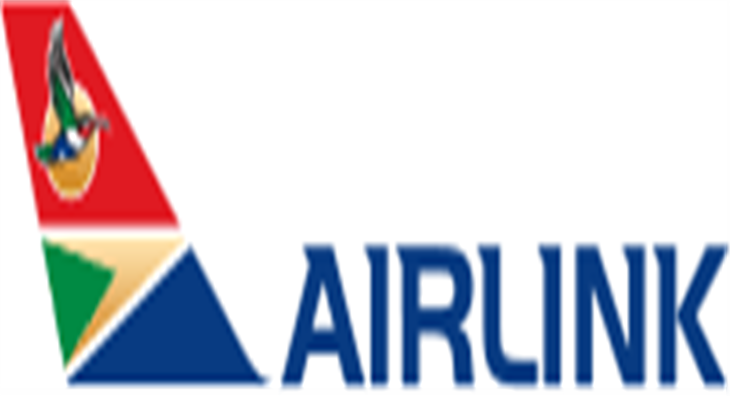

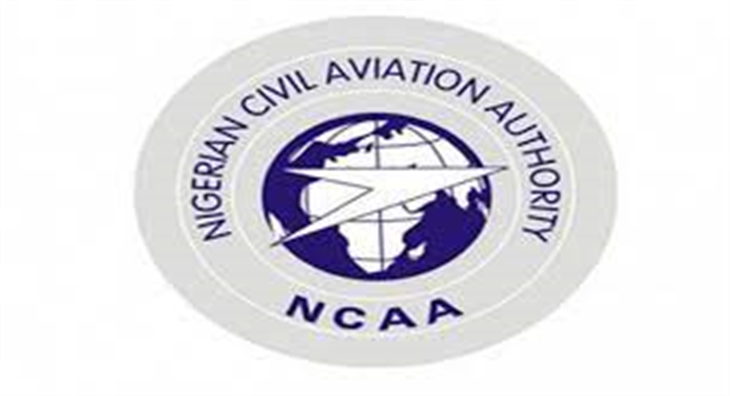










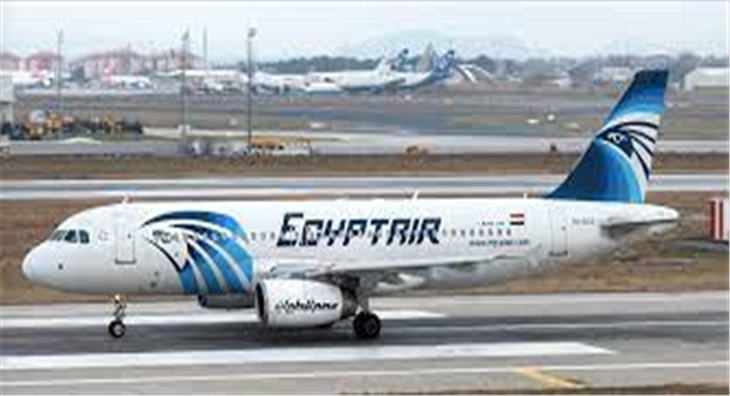

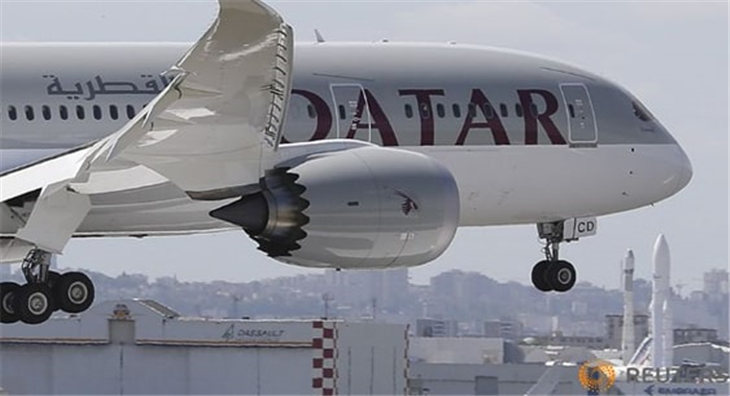




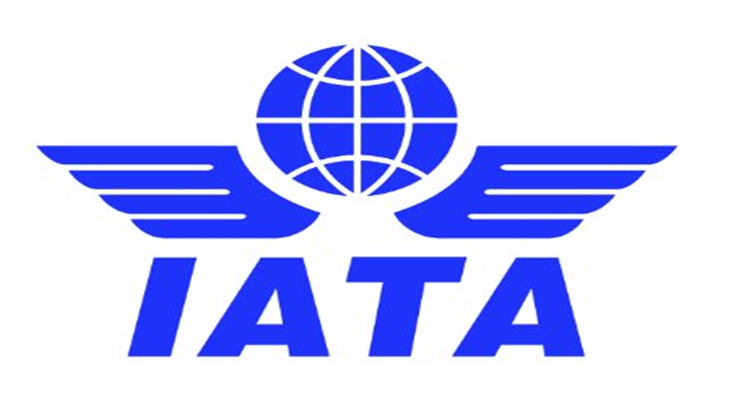







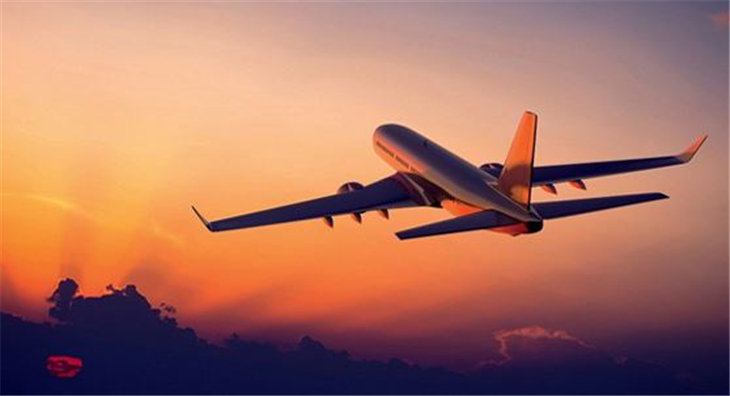



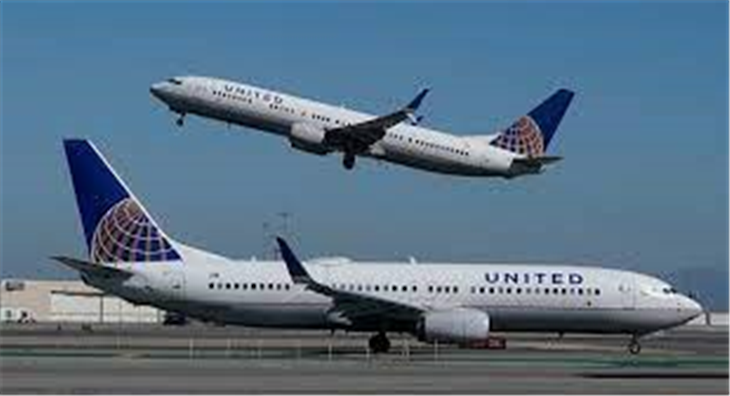
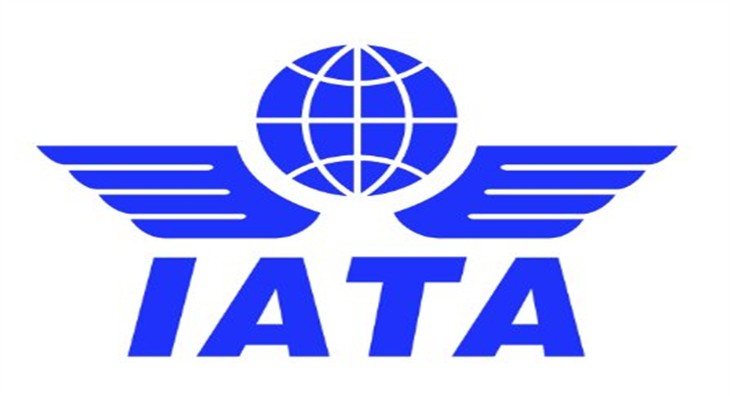


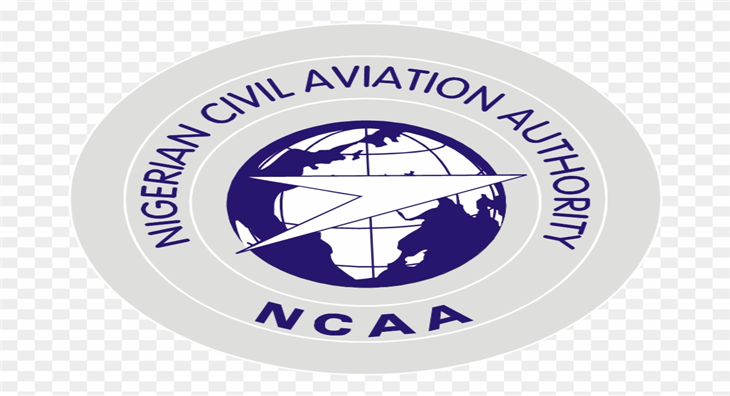



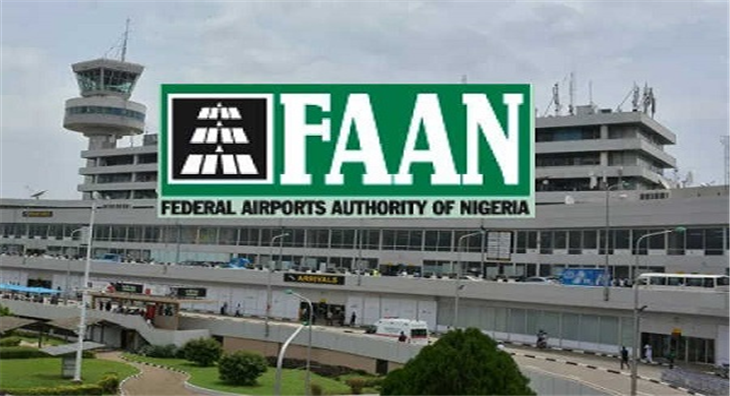

.jpg)
.jpg)
.jpg)
.jpg)
.jpg)







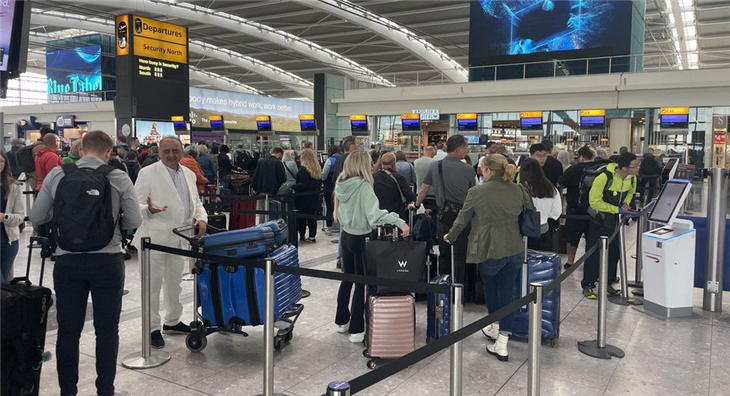



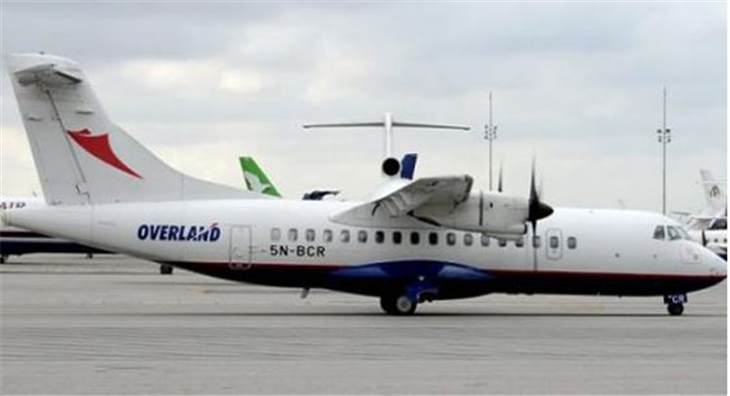
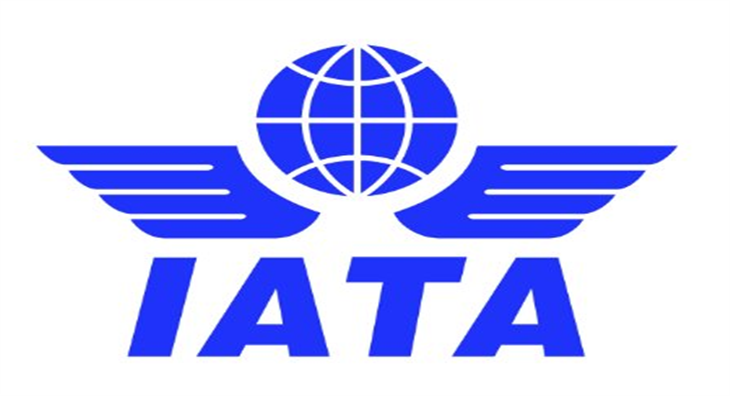
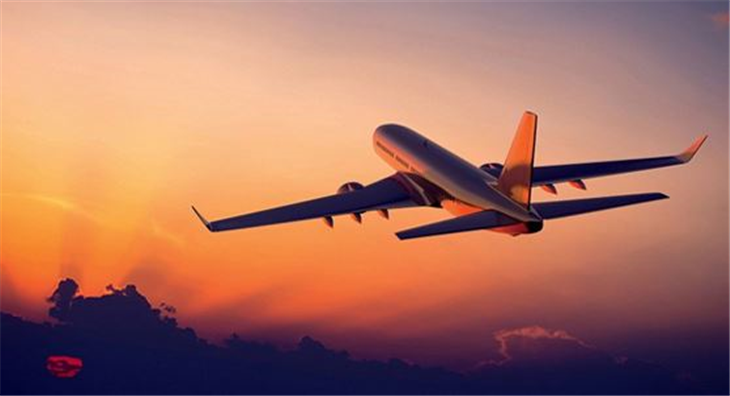

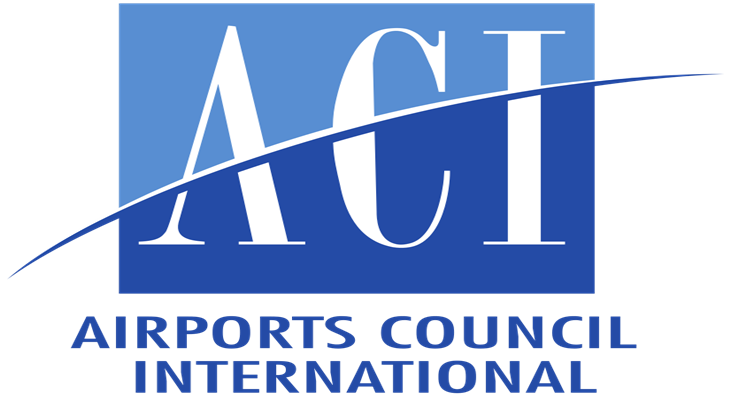



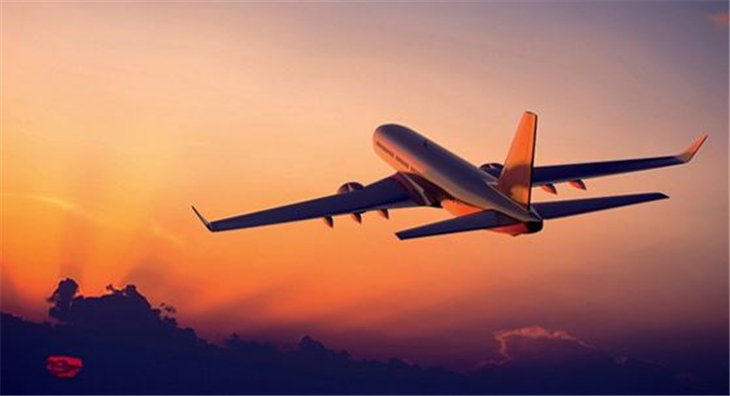








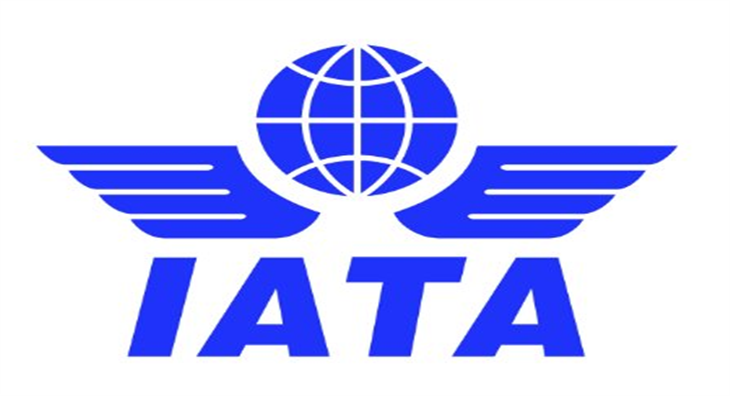







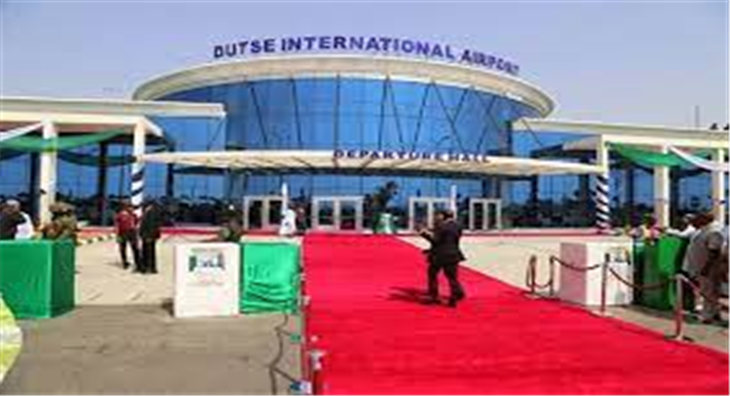


.jpeg)
.jpg)
.jpg)
.jpg)
.jpg)
.jpg)
.jpg)
.jpg)
.jpg)
.jpg)
.jpg)
.jpg)
.jpg)
.jpg)
.jpg)
.jpg)
.jpg)
.jpg)
.jpg)
.jpg)
.jpg)


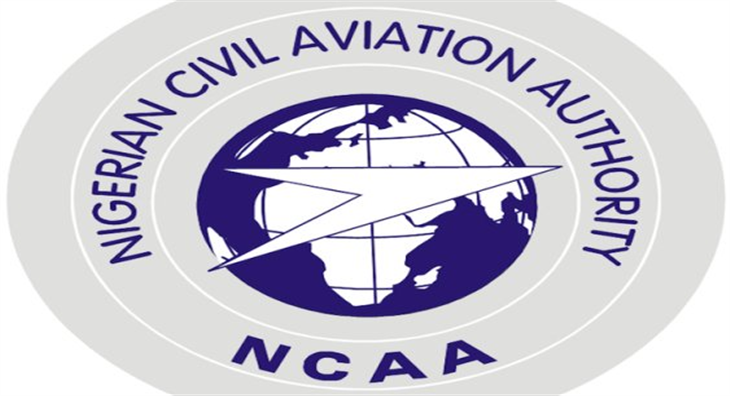

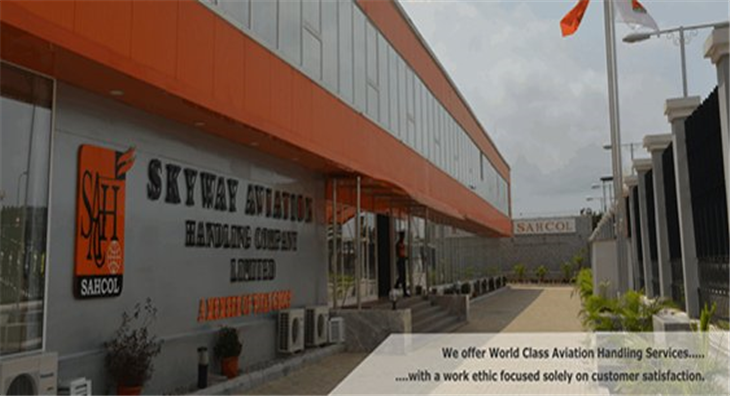
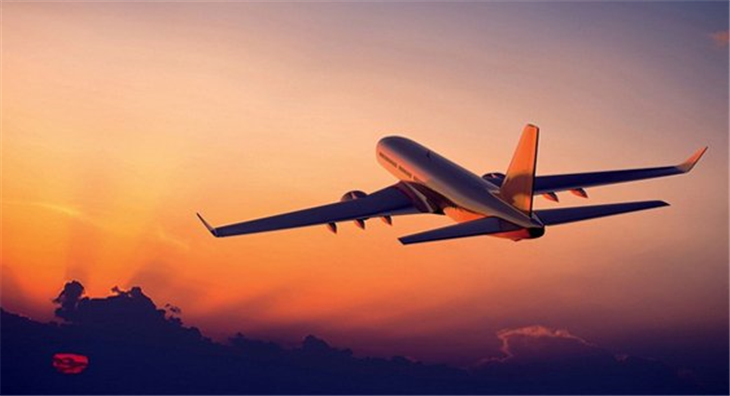
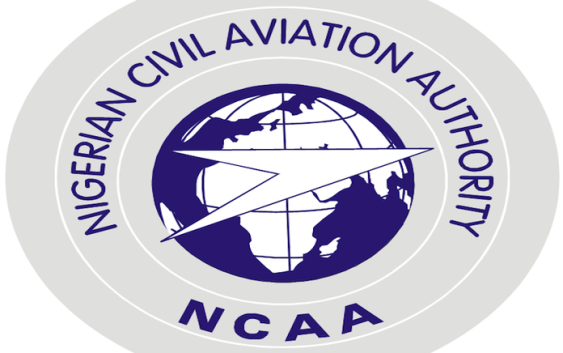
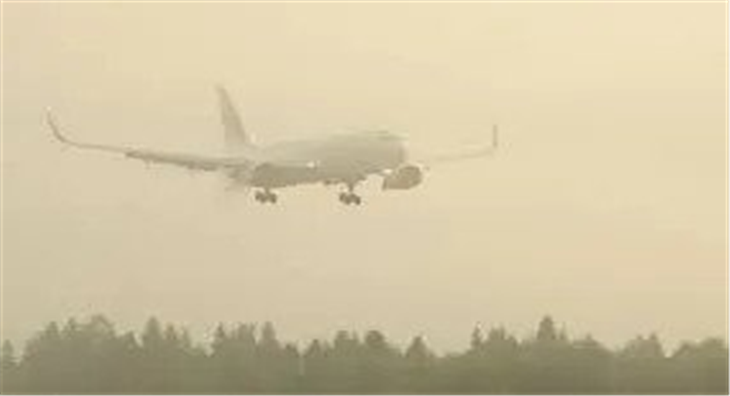
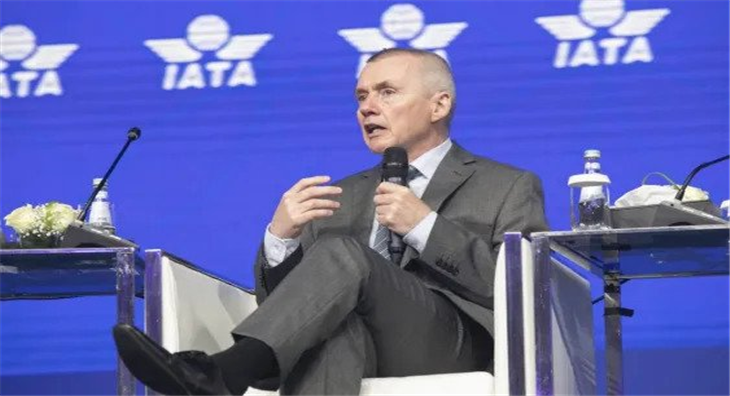




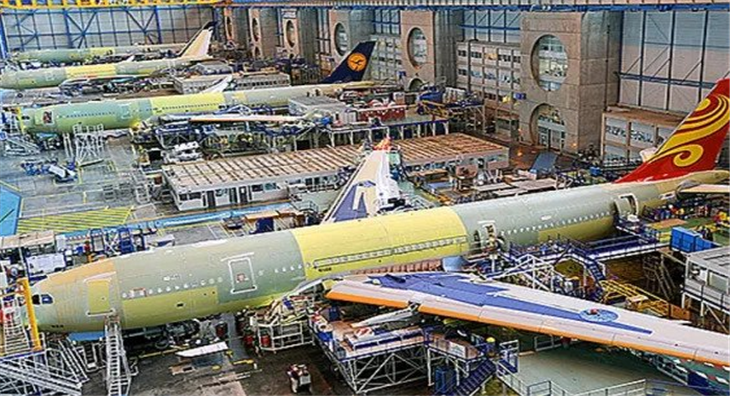


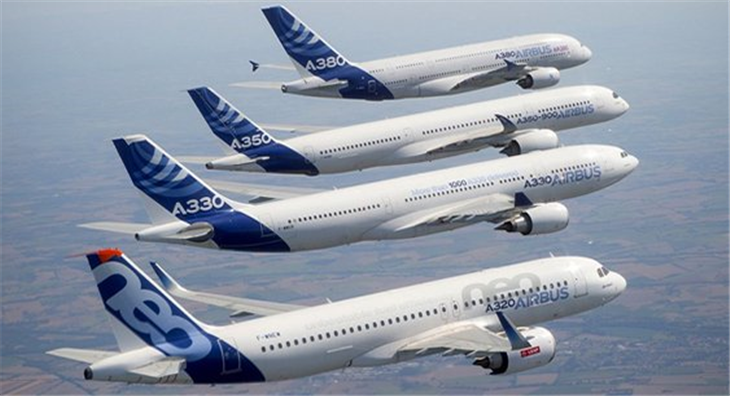
.jpg)





.jpg)















.jpg)




.jpg)
.jpg)








.jpg)
.jpg)
.jpg)




.jpg)

.jpg)



.jpg)

.jpg)

.jpg)








.jpg)




.jpg)



.jpg)
.jpg)



.jpg)




 (1).jpg)







.jpg)



.jpg)





 (1).jpg)
.jpg)
.jpg)








.jpg)
.jpg)







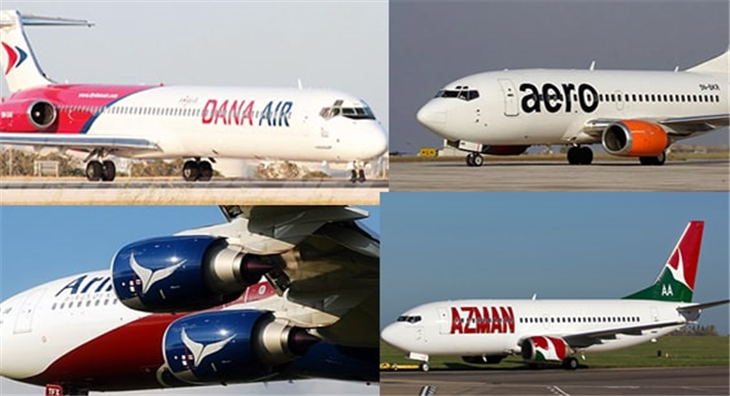


.jpg)






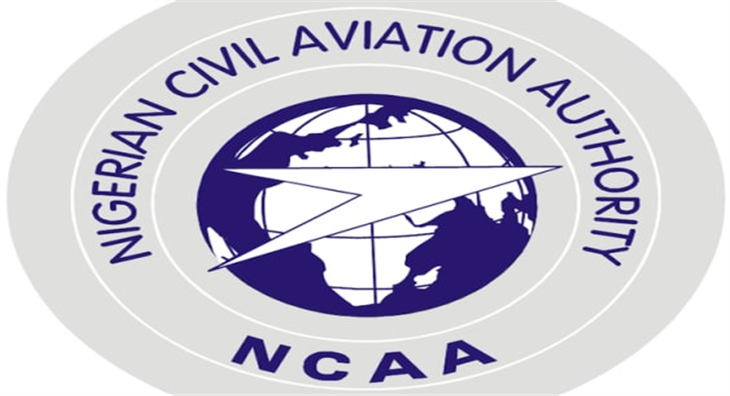

.jpg)


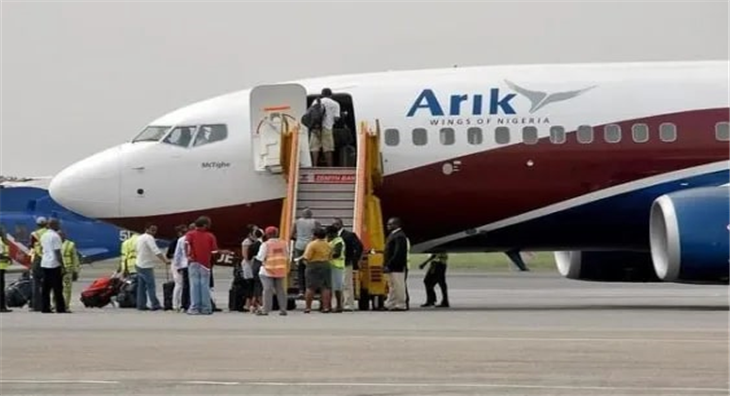

.jpg)

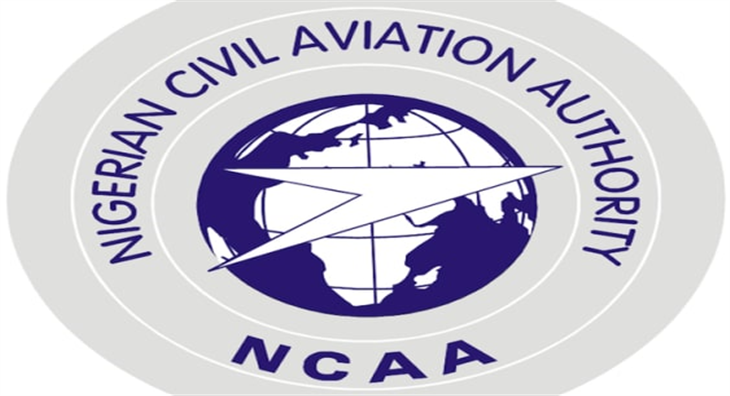


.jpg)



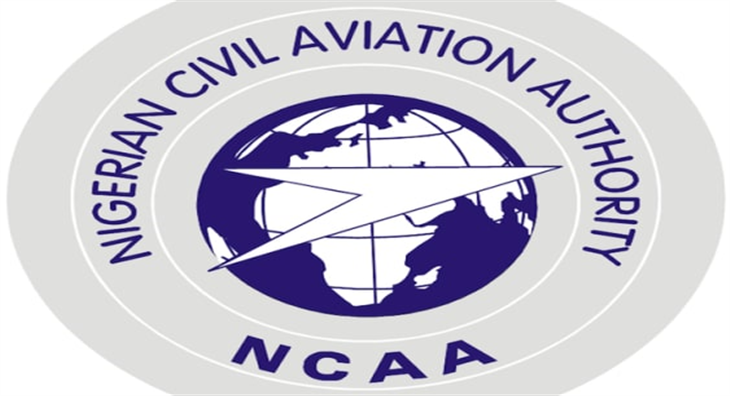



.jpg)
.jpg)
.jpg)











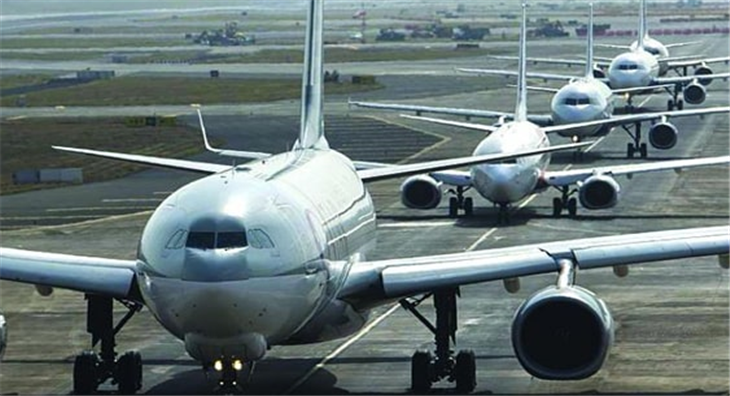
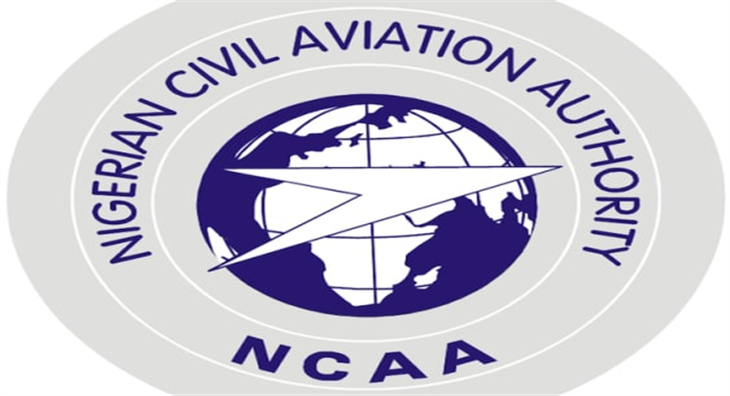
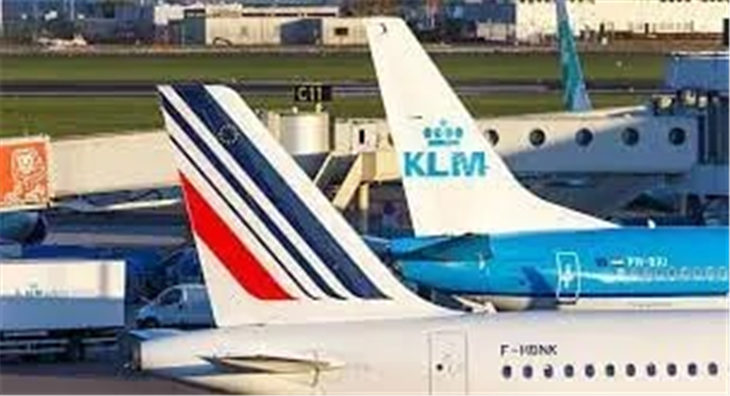
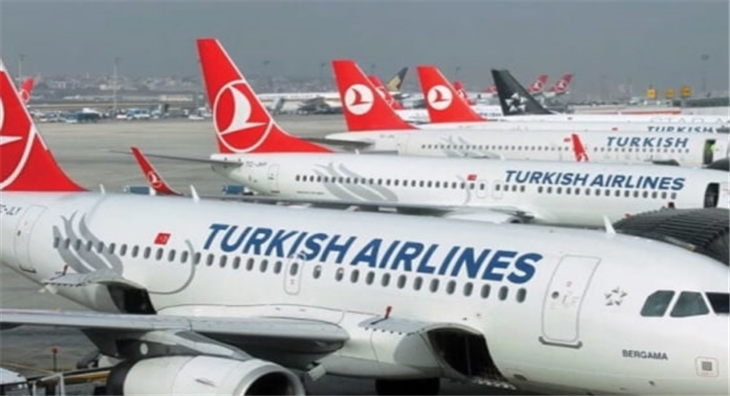





.jpg)











.jpg)

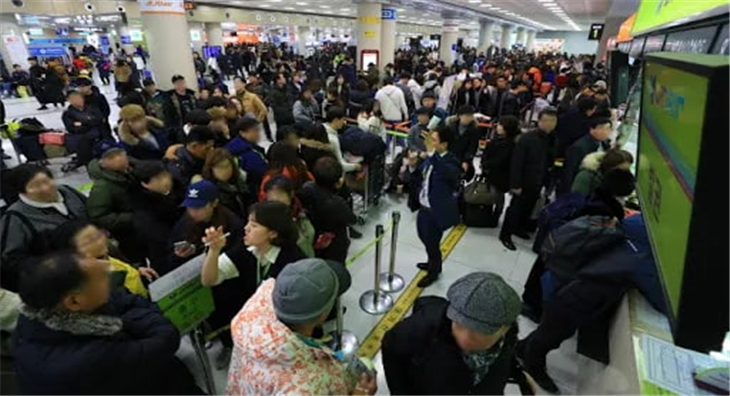
.jpg)

.jpg)



.jpg)










.jpg)
.jpg)

.jpg)





.jpg)











.jpg)




.jpg)


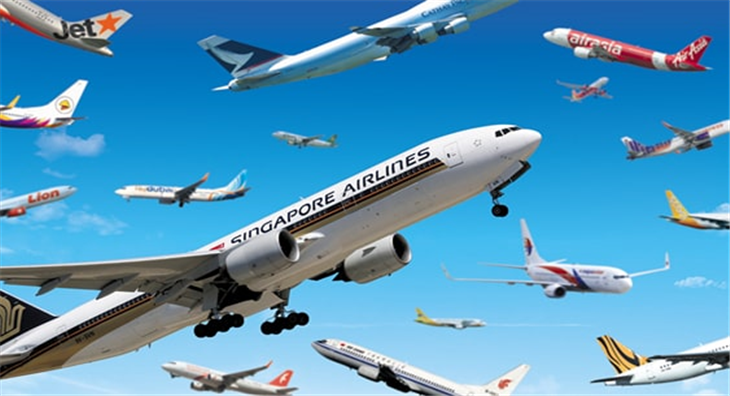

.jpg)

.jpg)


 (1).jpg)

.jpg)





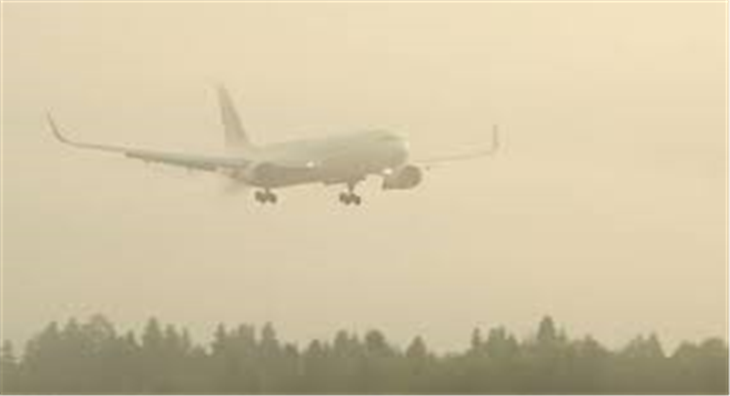




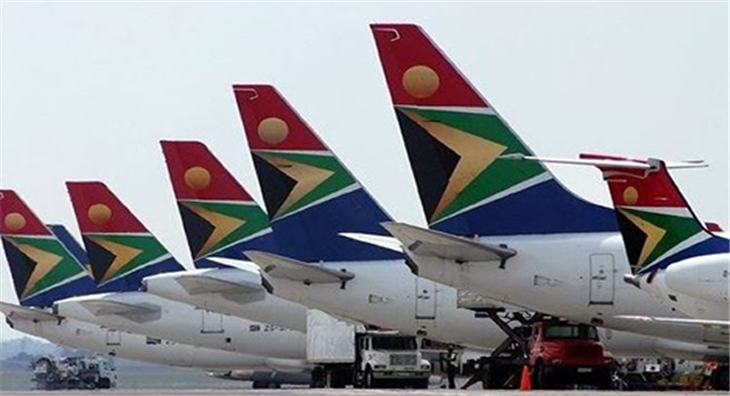
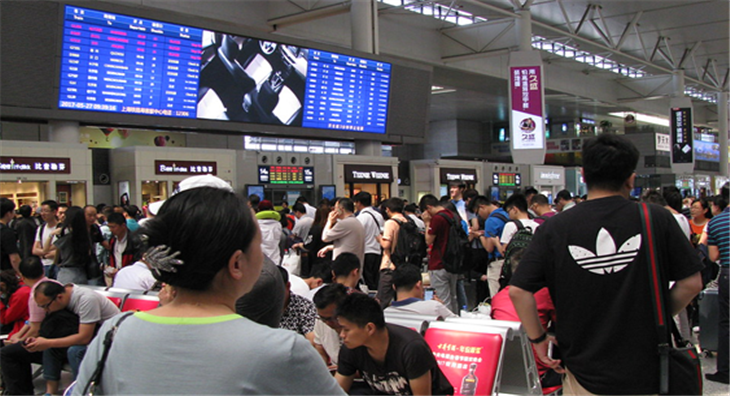

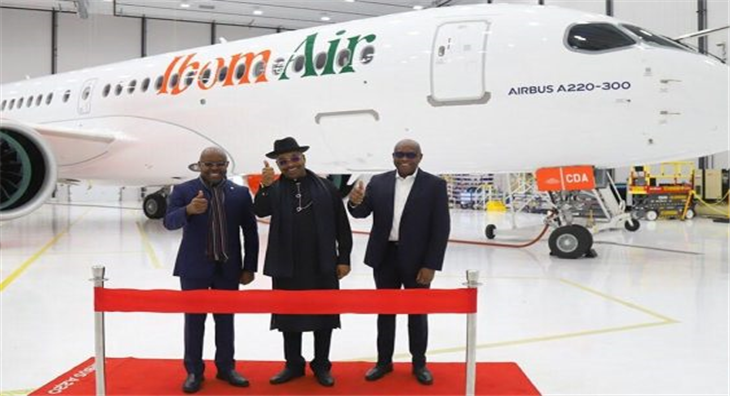
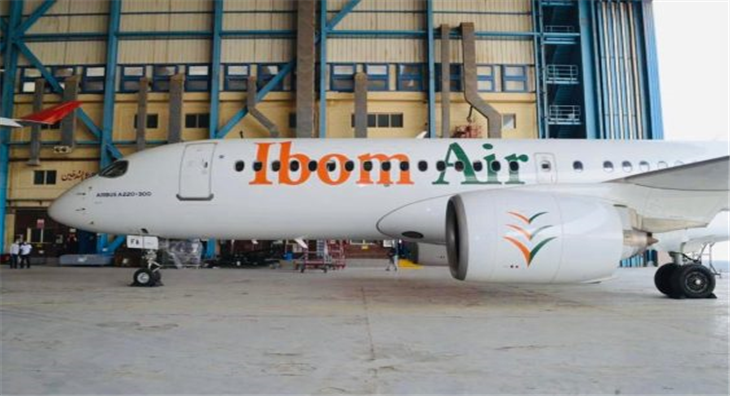

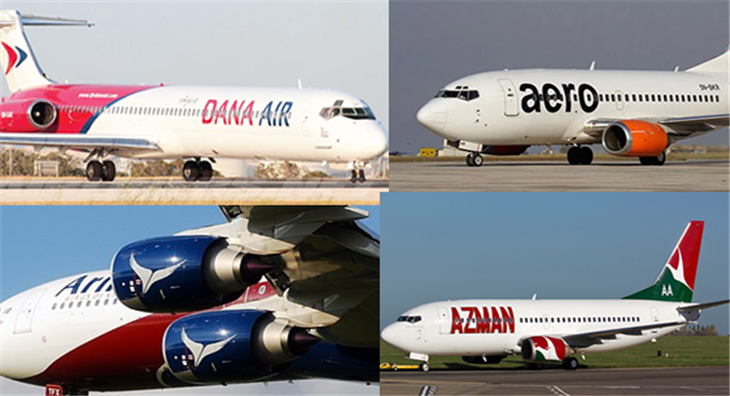

.png)



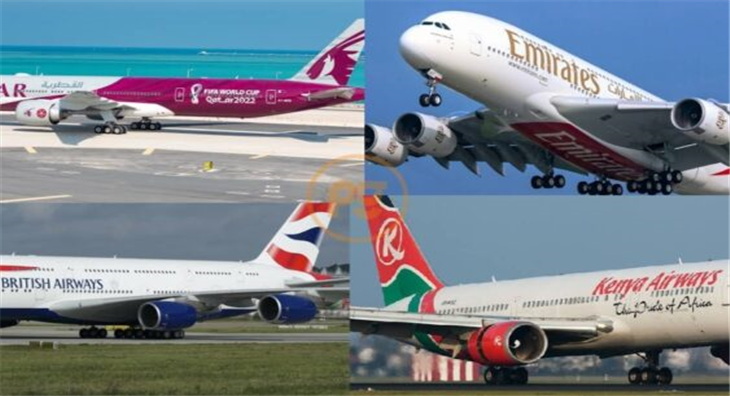
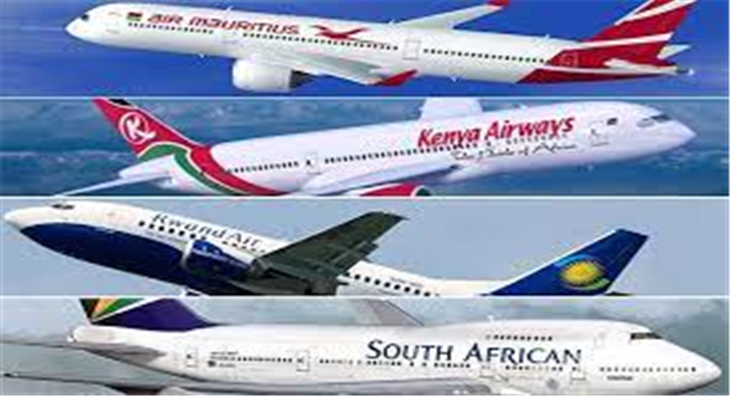
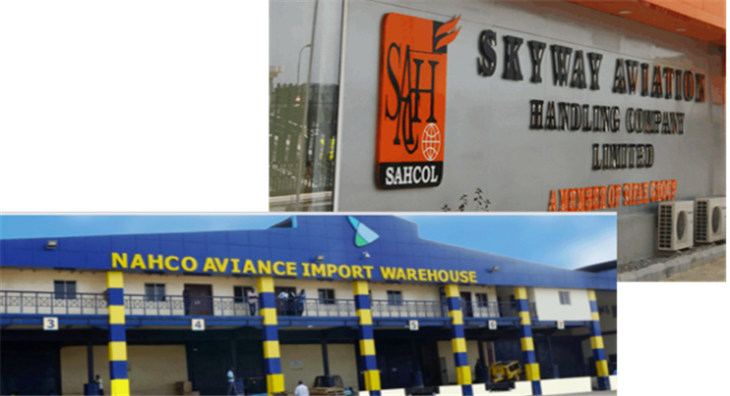
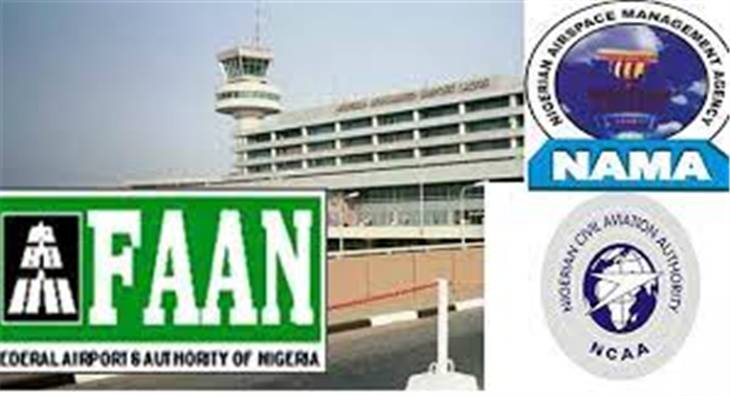





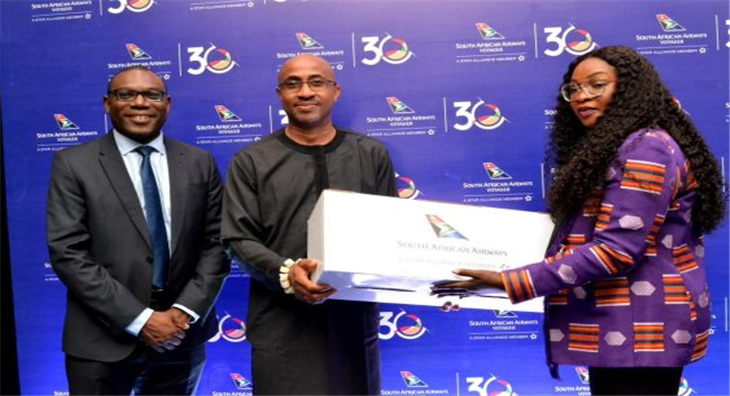


.jpg)
.jpg)

